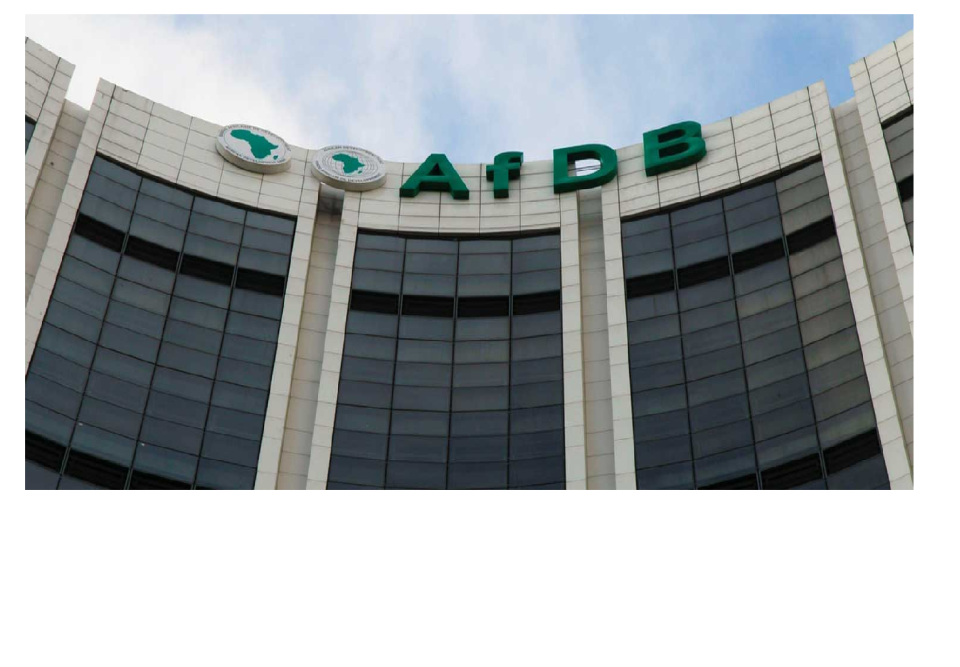- Briefs African leaders on Bank’s progress in mobilizing financial resources for the continent
- The bank entered the year with a landmark $750 million “hybrid capital”, first ever by a multilateral financial institution
The president of the African Development Bank Group Dr. Akinwumi Adesina, has outlined the Bank’s successes in mobilizing financial resources for the continent’s development needs at the African Union.
Addressing heads of state and government at the 6th Mid-Year Coordination Meeting of the AU in Accra, Ghana, Adesina highlighted the Bank’s recent general capital increase from $201 billion to $318 billion, approved by the Board of Governors during its Annual Meetings in Nairobi last May.
He said the approval would enable Africa’s only AAA-rated financial institution to preserve its status and meet the continent’s urgent and increasing development needs.
Other highlights according to an email to Energy Window International included joint efforts by the African Development Bank and the Inter-American Development Bank in developing a new financial model that enables the International Monetary Fund’s Special Drawing Rights to be channeled through multilateral development banks.
“I am delighted to inform you that following over two years of work, supported by the advocacy of the African Union, we succeeded,” Adesina was quoted to have told the meeting, attended by several heads of state and government and representatives of regional economic communities.
Adding he said: “The year began with the African Development Bank successfully launching a globally acclaimed landmark $750 million hybrid capital, the first ever by a multilateral financial institution.
“By so doing, we created a new asset class for investors globally. The hybrid capital will be leveraged four times to allow the Bank to boost its lending capacity.”
Briefing the leaders Adesina said the Bank has made, and still making in spearheading global efforts to ensure Africa’s natural wealth is taken into consideration while pushing for the continent’s Gross Domestic Product (GDP) growth.
And according to Adesina, the Africa Financial Stability Mechanism, which is an initiative of the bank to mitigate financial and other exogenous shocks to African economies, has equally advanced, even as the African Union’s committee of 15 Ministers of Finance also approved the framework for the establishment of the mechanism.
To enhance food security, he said the Bank was launching a $650 million Regional West Africa Rice Development program, in collaboration with the Africa Rice Center. The initiative according to him, is expected to access about one million farmers across 15 countries, with production target of approximately 53 million tons of rice.
“In five years, West Africa will achieve self-sufficiency in rice. We know we can do it. Our work helped Ethiopia to become self-sufficient in wheat in under four years, turning it into a net wheat-exporting country. What is critical is strong political will,” the Bank Group head said, referencing the Bank’s flagship Technologies for African Agricultural Transformation (TAAT) program.
Adesina briefed the leaders on growing global confidence in the Bank.
“Last week, the African Development Bank was ranked as the most transparent development financial institution in the world by Publish What You Fund for its sovereign operations. This is in addition to other impressive recognitions for the Bank and its concessional window, the African Development Fund.”
He outlined other wins for the institution, including expanding electricity access to over 20 million people over the past five years and partnering with the World Bank to connect 300 million Africans to electricity by 2030.
As Adesina said, the Bank’s $20 billion Desert to Power initiative to develop 10,000 megawatts of solar power for 250 million people across 11 countries in the Sahel zone is already delivering results.
“For example, the $890 million Mauritania-Mali Power Interconnection Project, which is part of the Desert to Power initiative, will increase clean energy uptake and electricity access, benefitting 2.7 million people,” he said.
The host – Ghanaian president – Nana Addo-Dankwa Akufo-Addo, whie commending the giant stride called for expedited action on plans to achieve the financial stability and economic integration necessary for the African Union’s Agenda 2063.
The African Union Chairperson and President of the Islamic Republic of Mauritania Mohamed Ould Ghazouani, had also announced the AU plans to raise about $100 billion to support export-oriented businesses, emphasizing the critical need for continued effective coordination between the AU and regional African blocs, aimed at achieving continental integration and the goals of Agenda 2063 of socioeconomic developmental inclusivity and sustainable over the next 50 years.

